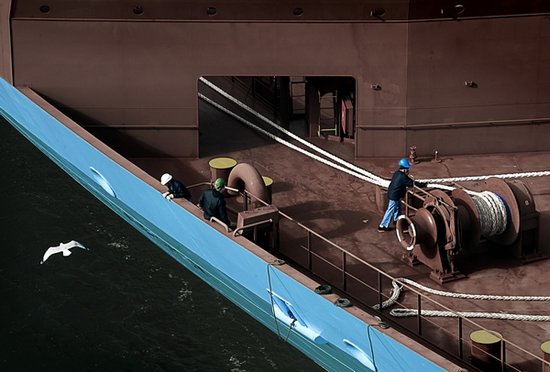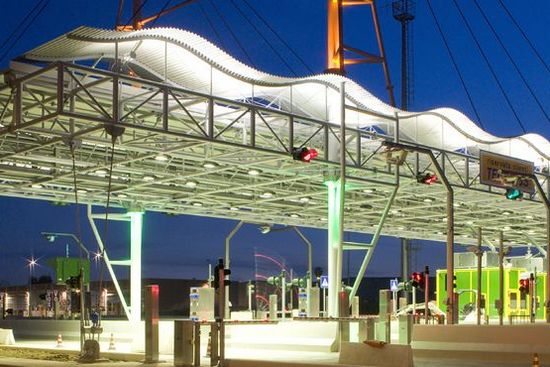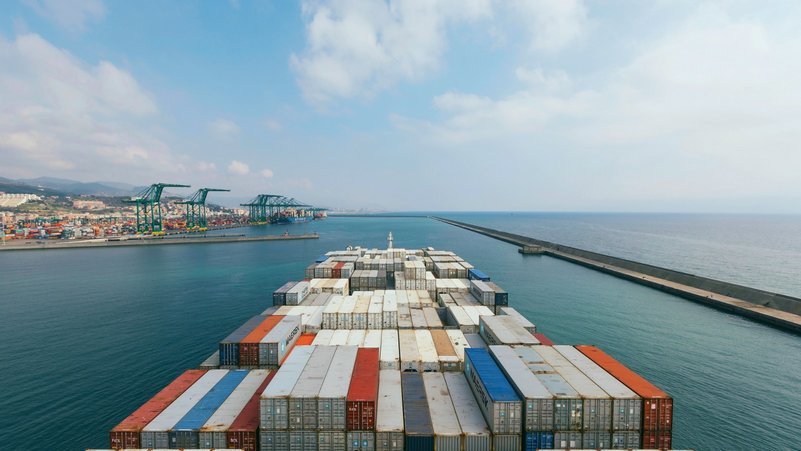When a country submits a request to the European Commission to initiate infringement proceedings against another member state, the latter has the right to respond. Vienna is exercising this right in the case of the appeal brought by the Italian Ministry of Transport against the transit limits and bans for commercial vehicles along the Brenner Pass. On March 19, Austria's permanent representation in Brussels sent its response to the European Commission, defending the legality of its measures, as reported by Tiroler Tageszeitung. The newspaper also previews some points from Austria's stance, noting that a decision is not expected before 2026.
Vienna claims that the measures improve air quality and safety and that their continuation will ensure these benefits in the future. However, the Austrian government also presents specific points in its defense. Firstly, it argues that the Italian appeal does not clearly define the subject of the dispute, a minimal procedural requirement. Secondly, it addresses the issue raised by Rome, stating that the Austrian limits and bans do not restrict the free movement of goods since the choice of transportation mode remains free.
The third point made by Austria concerns the health of its citizens, citing the European Court of Justice, which regards this as a highly protected requirement. Lastly, Vienna states it has been open to dialogue, including during trilateral talks (which also involved Germany) and has proposed solutions like slots for the entry of commercial vehicles onto highways. Italy, on the other hand, is said to have rejected even minor toll adjustments, thus positioning Rome as the intransigent party.
The first hearing will take place in Brussels on April 8, 2024, with representatives from both sides and the European Commission in attendance. The Commission is expected to evaluate the matter by May 14 and decide whether to initiate infringement proceedings against Austria by sending a reasoned opinion, allowing for a reply within two months. If the Commission concludes there are no grounds for action, Italy can directly approach the European Court of Justice. Regardless of the outcome, Vienna plans to maintain all measures until a potential negative decision from the Commission or the European Court of Justice, which, as mentioned, is not anticipated before 2026.





































































